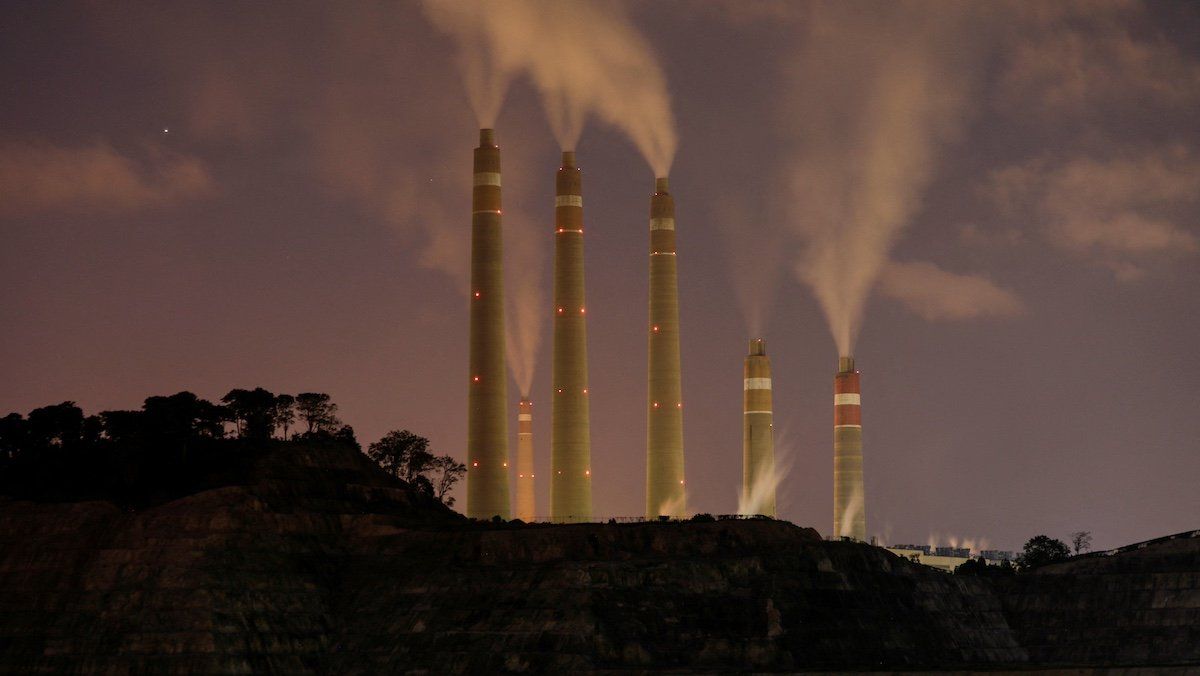Hard Numbers: It’s electric, OpenAI’s billions, AI-related legislation, Fred Trump ‘returns,’ Multiplication problems
1,300: Training a large language model is estimated to use about 1,300 megawatt hours of electricity. It’s about the same consumption of 130 US homes for one year. But that’s for the last generation of LLMs, like OpenAI’s GPT-3. The potential electricity usage for GPT-4, the current model, and beyond could be much, much greater.
80 billion: OpenAI struck a deal that would value the ChatGPT maker at $80 billion, making it one of the world’s most valuable private companies. It’s not a traditional fundraising round but a tender offer that allows employees to cash out their much sought-after shares in the company.
50: US states are clamoring to pass legislation to curb the worst effects of AI. By one measure, there are about 50 new AI-related bills introduced to state legislatures each week. New York leads the charge with about 65 outstanding bills, including a new one recently proposed by Gov. Kathy Hochul to criminalize deceptive AI.
1999: Fred Trump, the father of former President Donald Trump, died in 1999. But now, the Lincoln Project, the anti-Trump political action committee, has used AI to reanimate the elder Trump for a new ad in which he appears to call his son a “disgrace.”
44: The education company Khan Academy made a ChatGPT-based tutoring bot called Khanmigo. The problem? It’s terrible at math, unable to calculate 343 minus 17. The chatbot is being piloted by 65,000 students in 44 school districts. One Yale professor who studies AI put it bluntly: “Asking ChatGPT to do math is sort of like asking a goldfish to ride a bicycle.”